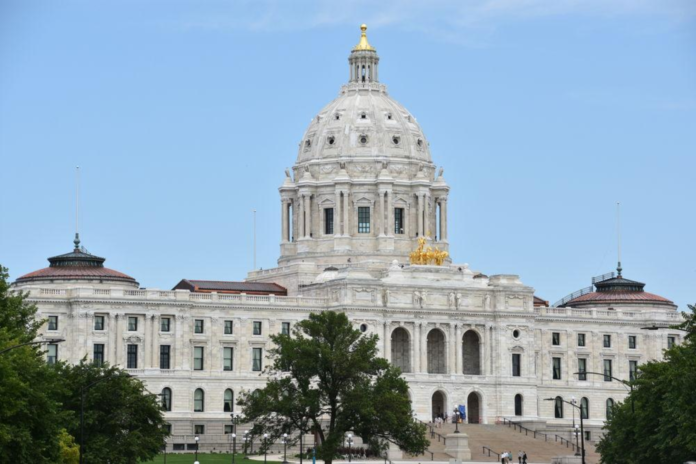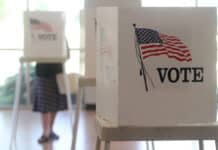Lawmakers are pushing a bill that aims to protect voters’ party privacy on the March 3 presidential primary ballot.
HF 3068, sponsored by chair of the House Subcommittee on Elections Rep. Raymond Dehn, DFL-Minneapolis, cleared the House Election Committee on Thursday.
In 2016, the legislature switched to a presidential primary system because the caucus system was too overcrowded.
Voters must now choose a party and a candidate.
Candidates chosen will remain a secret, but under current law, each person’s party preference is given to major political party chairs of the DFL Party, the Republican Party, the Grassroots-Legalize Cannabis Party and the Legal Marijuana Now Party.
Secretary of State (SOS) Steve Simon said that was “distressing” to voters because there are currently no restrictions on what those party chairs can do with the information, including posting the list online, selling it or giving it to anyone they want.
“The political culture in Minnesota, at least in my judgment, is that most people don’t like to wear their party affiliation on their sleeve,” Simon said.
Many voters said they would rather opt out of voting instead of jeopardizing their career, Simon said
“A lot of people object to that, not just on philosophical grounds, but based on what they do for a living,” Simon said, citing concerns from journalists, government employees, members of the clergy, and small business owners.
The bill seeks three objectives: to give information to a single representative of the party’s national committee only used to verify voter participation; to designate the data as private under the data privacy act; and to add an opt-out list for voters.
Nick Harper from the League of Women’s Voters Minnesota said the bill ameliorated voter privacy concerns from across the state.
Rep. Tim O’Driscoll, R-Sartell, questioned the point of the bill, citing other ways people could expose party preference, such as tracking those who walked into separate locations of a Democrat or Republican election station.
Simon responded that would expose voters on a smaller scale, rather than the preference of every person voting in the state.
“This is a massive list of potentially hundreds of thousands of people, beyond the capability of one or even a group of people that snap some pictures of a polling place,” Simon said.
Simon said that he hasn’t heard of voter rolls being distributed online, but emphasized that the driving issue is voter confidence.
“It’s as much about voter perception as anything else,” Simon said.
Simon said the deadline for enacting the bill is 10 weeks after March 3, which is the Secretary of State’s deadline for turning over party information to national party chairs.
The bill was re-referred to the House Committee on Government operations.


















